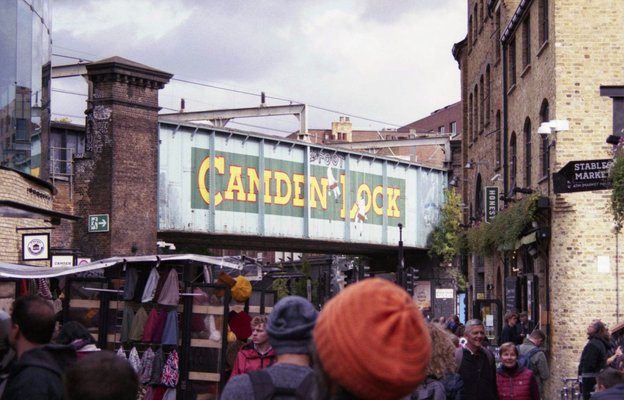Strengthening the voice of marginalised communities to engage in regeneration projects.
Funding snapshot
Programme area: Tackling the housing crisis
Amount: £70,000
Length of grant: 2024-2026
Impact goal: A comprehensive government strategy to solve the housing crisis
The challenge
Regeneration projects are taking place in estates across London. But often, Black and minoritised Londoners can be excluded from planning and regeneration processes. Without their voices being taken into account, long-standing communities are at risk of being pushed out by regeneration.
The project
The Anti Tribalism Movement (ATM) is an organisation committed to tackling tribalism and promoting fairer societies. We provide funding towards its Housing Champions programme, which strengthens the voice of Black Londoners living in estates facing potential redevelopment. This work includes:
- Providing training to people from Black, Asian and Minority Ethnic communities – specifically women from the Horn of Africa Communities – to become Housing Champions. The Champions are trained on topics including the planning process, regeneration good practice, and advocacy methods. Housing Champions use this knowledge and skills to engage with the regeneration projects that affect their lives.
- Building coalitions to connect minoritised communities across London facing similar problems with regeneration. This includes providing spaces to share learning and practice from the Housing Champions project.
- Engaging with regeneration decision makers, to support decision makers to understand community concerns, ask questions in a safe space and to advise on reaching and consulting with BAME communities in regeneration areas.
- Strategic placements for Housing Champions in regeneration-related institutions, such as local authorities. This will increase minority representation and ensure that community voices can positively influence regeneration projects.
Impact
-
45
BAME women trained to become Housing Champions -
6
Housing Champions placed in regeneration-related institutions, such as local authorities, to increase minority representation


